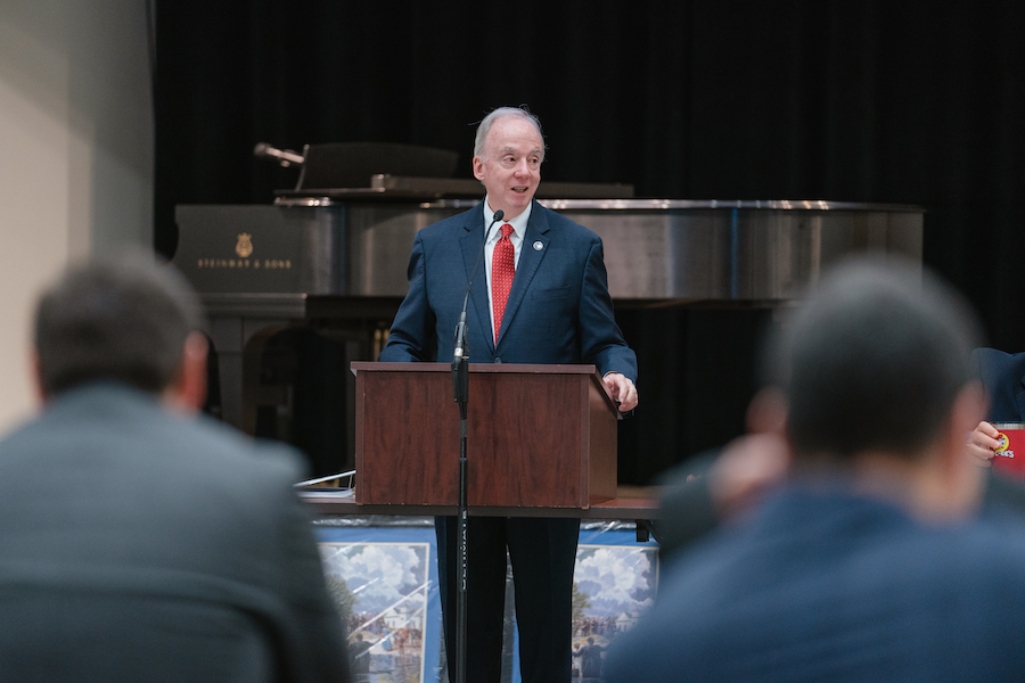I wrote just lately on this website about Robert Cox’s distinction concerning “problem-solving theory” and “critical theory” In that publish, I recommended that we should to be graduating pupils who are able not only of solving the specific troubles that will crop up in their get the job done, but also of thinking critically about the institutions in which their do the job will manifest. Upcoming instructors, for illustration, should to be ready not only to teach children but to reflect significantly on how schools may well be hindering the do the job of schooling. Upcoming nurses need to know not only how to mend, but how to meticulously look at the ways in which hospitals might be generating healing harder to complete. I argued that to spark this type of reflection, we should to confront college students with radical critiques of their supposed professions. A really radical critique will go “to the root,” (the Latin word radix implies “root”) and is therefore most likely to advocate anything considerably more powerful than mere reform. By the time they complete the critic’s e-book, college students ought to be wanting to know regardless of whether the get the job done they want to do or the institution they want to function for really should even exist.
Of class, most pupils are not likely to sign up for the revolution. Nor must they, at least not always. The aim is not to deliver them off to melt away it all down the objective is to kindle a feeling of obligation to concepts that stand higher than the principles and laws, over the techniques and “best techniques,” previously mentioned the codes of professional ethics. From time to time these rules do compel us to mild the match, or simply to walk absent, and one particular mark of a real “critical theory” is that it does not commence by assuming that reform is usually greatest. Some matters simply cannot be reformed. But the exact same rules can also propose that reform is the much better way. I hope that when my college students face a crucial perspective on their decided on occupation, they go away not only with a heightened potential to notice what’s wrong but also with a heightened capability to envision what building it proper may well contain. If they are heading to be part of the establishment, not the revolution, how may they take part in redeeming that establishment?
If redemption is in purchase, they will have to begin by having very clear on what it suggests for an institution to “fall.” The function of Alasdair MacIntyre is quite handy on this position, and I normally discover myself channeling him in class. In Immediately after Virtue and somewhere else, MacIntyre distinguishes establishments from “practices.” A exercise is, for example, managing marathons. It is a human action that aims at a reason and is shaped by that reason, which limitations what the exercise can and cannot be. An institution is built to house a exercise, to make it attainable. An establishment is a established of procedures, procedures that perform as incentives. You could operate 26.2 miles without the need of getting into an structured race. We organize races, with procedures and specially with prizes, to encourage the exercise. But the crucial factor about institutions is that they can also demolish procedures. By supplying a prize for profitable the race, the establishment has created cheating a possibility now you can get in a auto, get out at the finish line, and just take the prize, all with no engaging in the follow of jogging. So, establishments are intended to make tactics attainable, but they can also make methods difficult. When everybody starts off cheating, we forget about how to operate.
A “fallen” institution undermines the apply it is crafted to aid and eliminates the boundaries that constitute that exercise. An establishment is fallen to the extent that next its principles indicates not engaging in the exercise. Consider about the use of grades in increased instruction, for example. Grades, as incentives, can encourage learners in the follow of studying. But we all know it is properly doable to get good grades without seriously understanding nearly anything, and not just by practically “cheating.” I know heaps of college students who have exceptional grades and vacant heads, and they in fact have empty heads because they have exceptional grades. These pupils do not “cheat” but they are cheating, in the further sense I have in intellect. They are getting a vehicle to the finish line and calling by themselves runners.
Anywhere the regulations of the establishment have, in this way, turn into obstructions to participating in the appropriate exercise, in pursuit of the ostensible intent, there is area for reform. If they are likely to participate in redeeming the institutions in which they will do their do the job, learners need to have a obvious and even distinctive feeling of that goal. They should graduate not just with marketable expertise but with sturdy thoughts about what it indicates to teach (future teachers), to mend (potential medical doctors and nurses), to implement the regulation (upcoming police officers), to purchase and provide (future businesspeople), to make tunes (upcoming musicians), or whatever the situation might be.
To this conclude, students ought to be wrestling in their courses with competing conceptions of institutional applications. Irrespective of their meant job, they can get started with the institution in which they now locate on their own “working” (learning): Is the position of education to develop personnel, to make citizens, or to develop and redeem learners and learning (and these are not the only a few choices)? Relying on the response, the establishment named “school” will glimpse pretty distinct, and so then will our concepts about the scope and requirement of reform. An academic institution that does pretty very well at manufacturing staff will not have to have reform if we agree that this is the institution’s only goal.
Even the straightforward information that there are competing conceptions can spark the sort of crucial reflection that students will have to have if they are likely to take part in redemptive reform, because professions, and the plans that coach long term industry experts, frequently take their purpose for granted. Schooling is a very little unique, simply because there is previously these a loud debate about its goal, and so it is more durable to bury our assumptions. But the identical issue lives at the coronary heart of each establishment, even those that seem far more settled.
For example, lots of medical doctors (and quite a few sufferers) feel to acquire for granted that the function of drugs is to protect against struggling and dying at any price. If they are suitable, then they will see only achievement, not failure, in our culture’s relentless medicalization of demise. But if we have one more objective in brain, then the medicalization of death will be a trigger for reform, and a provocation to imagine critically about the rules and regulations that do the medicalizing. Scenario research, significantly beloved of qualified programs, can introduce these issues but way too often they are not linked to the problem of purpose, and so they convert into exercises in the application of rules. This is instruction for compliance. Alternatively, scenario experiments should get in touch with the guidelines by themselves into dilemma, by asking pupils to contemplate concrete predicaments in light of larger ideas that are up for genuine discussion, not just in light-weight of authorized prerequisites and ethical codes.
That is the kind of pedagogy that graduates specialists with solid concepts about institutional applications. We should really figure out that this sort of pedagogy is probably to type folks whose suggestions, or whose attitudes toward their ideas, are at odds with the institutions in which they will do their function. They will so have to grapple with the perennial challenge of staying in an institution, when not being of it – to use the acquainted formulation about the relation among the Christian and “the environment.” There are no uncomplicated answers to that obstacle I imagine the very best we can do is to demonstrate students illustrations of persons who are performing it. But in my estimation, many of our courses do not even elevate the issue they aim to generate graduates who will be not only “in” but really comprehensively “of” their institution. To the extent that that is true, implementing the ideas I have manufactured in this article would signify reforming those plans on their own.
A meaningfully Christian college, to be absolutely sure, will insist not only on exposing the hidden assumptions about institutional applications that far too often render their expert packages functionally secular. Preferably, Christian universities will graduate college students who have not only sturdy but strongly Christian tips about individuals applications. This does not preclude disagreement amongst Christians about the issue of individual establishments. But it does imply that our debates must be guided by a shared issue: what is the distinctly Christian conception of legislation, or medication, or schooling? The Christian conception of medication, for case in point, will be rooted in the Christian gospel – which is not only the tale of Christ healing the sick, but also the tale of Christ’s suffering, demise, and resurrection. It will consequently prioritize compassion, but it will surely not take care of death as a failure, and even as it urges the relief of suffering, it will take excessive care not to empty struggling of all its this means. Institutions educated – or reformed – by this kind of a Christian comprehension of medicine’s purpose would be significantly various from the institutions – like the church-run hospitals – that we currently have. Skilled packages at Christian universities surely should to be in the business enterprise of reimagining these types of establishments.



